The 10th Circuit Court of Appeals in Denver issued a ruling that may be the beginning of the end for the Electoral College.
At issue was faithless electors — presidential electors who refused to cast their vote in the Electoral College for the winner of the state’s popular vote. Colorado state law gave the secretary of state the right to replace the electors.
But the appeals court said otherwise.
“Secretary Williams impermissibly interfered with Mr. Baca’s exercise of his right to vote as a presidential elector,” the court said in a 125-page opinion written by U.S. Circuit Court Judge Carolyn Baldwin McHugh. “Specifically, Secretary Williams acted unconstitutionally by removing Mr. Baca and nullifying his vote for failing to comply with the vote-binding provision.”
The court added that the Constitution provides “presidential electors the right to cast a vote for president and vice president with discretion. And the state does not possess countervailing authority to remove an elector and to cancel his vote in response to the exercise of that Constitutional right.”
Colorado Secretary of State Jena Griswold told The Colorado Sun on Wednesday that the ruling “sets an extremely dangerous precedent that would enable a few people to override the majority of Colorado votes.”
The “winner take all” philosophy of the Electoral College — where a candidate receives all of the state’s electoral votes based on the outcome of the popular vote in the state — has meant an orderly transfer of power from one person or party to another for 230 years. It’s not hard to imagine the chaos that would ensue in a close election if some electors could conspire to deny a candidate an Electoral College majority by voting for other candidates.
If you recall, that’s what happened in 2016.
Politico from November 2016:
But the Democratic electors are convinced that even in defeat, their efforts would erode confidence in the Electoral College and fuel efforts to eliminate it, ending the body’s 228-year run as the only official constitutional process for electing the president. With that goal in mind, the group is also contemplating encouraging Democratic electors to oppose Hillary Clinton and partner with Republicans in support of a consensus pick like Mitt Romney or John Kasich.
The underlying idea is that a mass defection of electors could provide the impetus for a wave of changes to the Electoral College.
Those electors in 2016 were not “voting their conscience.” They were part of a cabal to deny Trump the presidency. The court’s decision gives encouragement to further mischief by electors who might not like the Democrats’ choice next time.
But as part of the Democrats’ effort to destroy the Electoral College, the way forward seems clear. Overturning state laws that bind electors to vote for the winner of the state’s popular vote is a huge first step. That’s because all it will take is one contested election where the race is thrown into the House of Representatives for the country to be panicked into scrapping the institution altogether.
Chaos does not befit a democratic republic. But it’s the answer to a prayer for revolutionaries. There is nothing that would suit the radicals in the Democratic Party more than every election devolving into a chaotic mess where the courts would have the final say.
And 230 years of precedent and tradition are tossed on the dustbin of history.


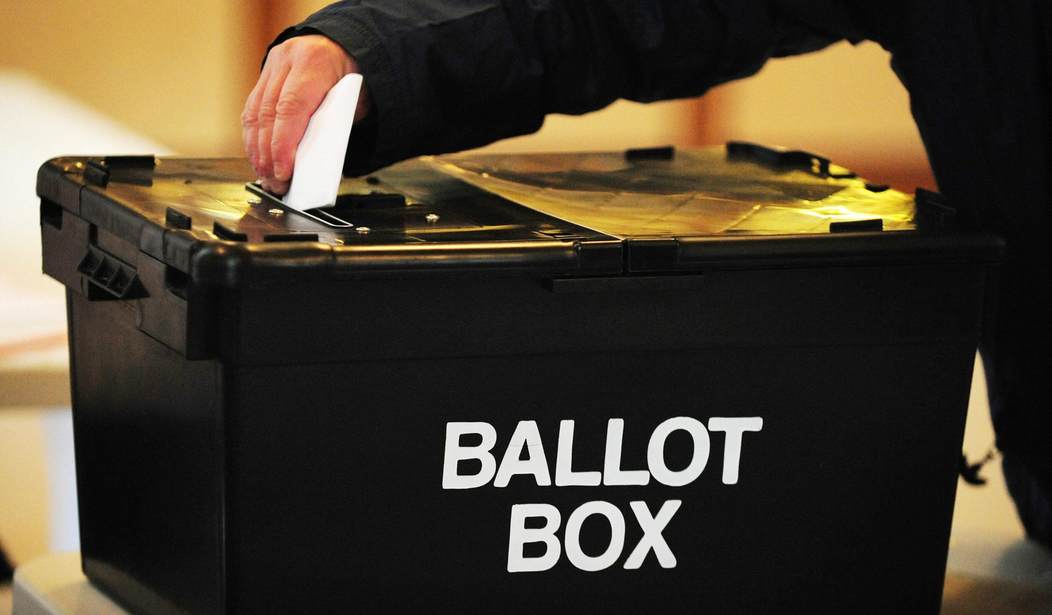

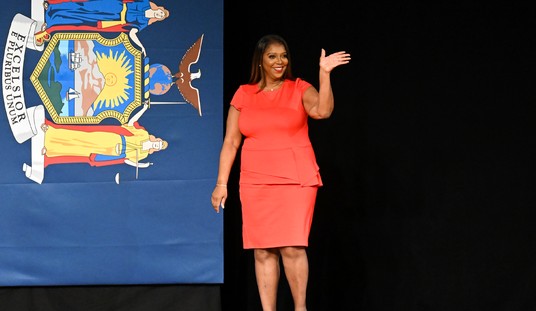
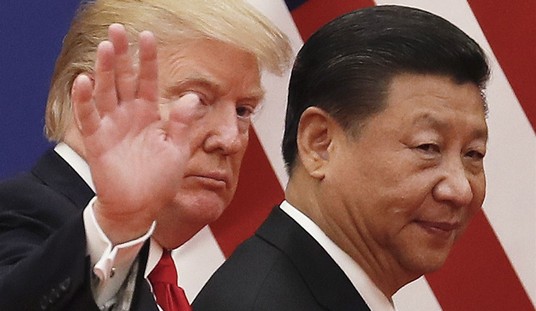


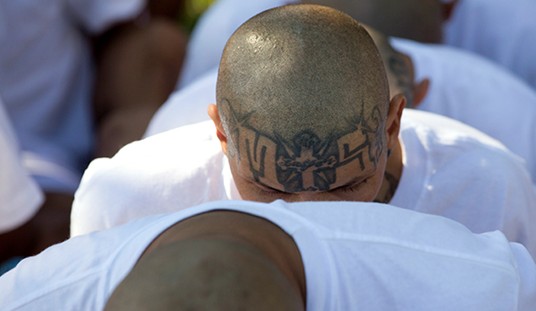
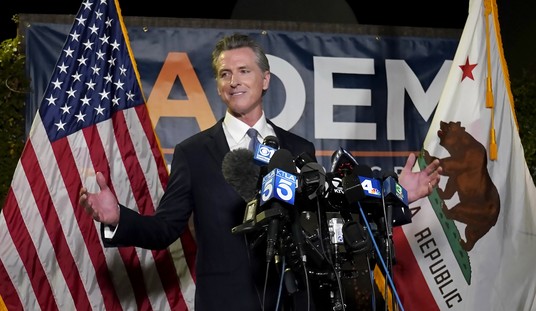
Join the conversation as a VIP Member